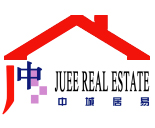City guide: Suqian
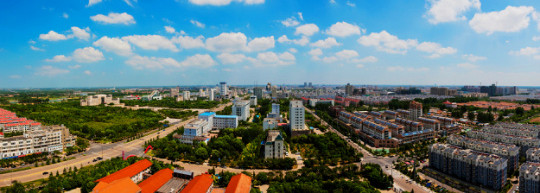
| 1. General introduction | 2.Transportation |
| Location & population | Land |
| Climate | Air |
| Economy & industry | Public bus |
| 3. Education & Health care | 4. Recreation |
| Education | Shopping |
| Hospitals | Cuisine |
| Attractions |
1.General introduction
Suqian is a city with a cutural history of 2,500 years. The earliest use of the name
started in 762 A.D., Tang Dynasty. In later century, the jurisdiction was changed or
renamed a number of times or even abandoned sometimes when the turnover of a
dynasty took place. In 1945 during the Republic of China, Suqian as a county
jurisdiction was restored again but the scope of its jurisdiction varied.
Location & population
Situated in the Jiangsu Northern Plain, Suqian City borders six county-level cities,
including Sihong, Siyang, Shuyang, Xinyi, Pizhou and Suining. As a prefecture
jurisdiction, Suqian has four prefecture neighbors, including Xuzhou, Lianyungang,
Huai’an, Yangzhou. The city flanks Anhui Province on the west.
The city is located on the North Jiangsu Plain, with a highest elevation of 71 m
over sea level and the lowest 2.8 m only. The elevation is gradually reduces along
northwest to southeast. The region involves three fourths of the total area of the
city. Suqian is abundant for water resource and the water surface area is close one
third of its total land mass. There are two freshwater lakes in Suqian, Lake Hongze,
which is one of the four largest freshwater lakes in China, and Lake Luoma. Four
rivers run through the city, including the the Grand Canal, Huaihe River, Yihe River
and Suhe River.
Other resources are rock salt, crude oil and natural gas. The lakes, Hongze and
Luoma, are under well protected from contaminating. More resources include
minerals of quartz, phosphorus, cooper, iron, etc.
The jurisdiction has a population of 5.15 million. The physical lans mass is 8,555
square kilometers, with a water surface area occupying one fourth of the land.
Climate
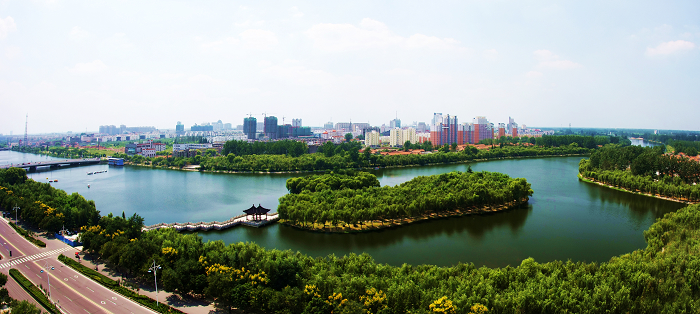
The city is located in a temperate zone with an oceanic monsoon climate with four
distinct seasons. Annual average temperature is 17°C and annual average precipitation
is around 900 mm, less than its neighbors.
Economy & industry
Suqian was traditionally considered as a farming land and its fertile soil and moderate
rainfall make the city one of Jiangsu’s agricultural areas. The agricultural products
mainly include rice, cotton, vegetable and poultry. With its abundant water resources,
Suqian has a reputation for its aquatic products, including crab, shrimp, silver fish and
aquatic vegetable. The city is putting more efforts to boost its green agricultur and forest
coverage. The agriculture income now occupies 25% of the city’s total GDP.
The investment and capital funds accelerate the city’s economic expansion and
urbanization. New industrial sectors boom, including food and spirit manufacture,
textile, construction, electronic, chemical and machinery. The most important food
manufacture is alcoholic beverages. The sector has a production history of 400-500
years, tracking back to the Ming Dynasty. Two well-known brands of liquors, Yanghe
and Shuanggou, have won many national and international medals. Silk export is
recently intensified.
One can never forget its national reputation as a “Flower Town in China”,
awarded to Shuyang County. With these fabulous botanical products including
flowers, garden trees and bonsais, the county creates a new opportunity for both
business and environment protection.
Economic growth and environmental conservation have always seemed like two
different approaches. Many investment projects in the city have become significant
in environment contamination. The local government has been putting stiff
environmental policies into practice and has spent significant funds over years to
protect its ecosystem.

2. Transportation
Land transportation:
The length of high-grade road in Suqian has been 220 km. Beijing-Shanghai
Expressway, Nanjing-Suqian-Xuzhou Expressway, Xuzhou-Suqian-Huai’an-Yancheng
Expressway, Suqian-Xinyi first-grade Road and Suqian-Shuyang first-grade road form
a high-grade road circle around the 60-km2 city proper. Xinchang Railway, 205 National
Road and 305 Provincial Road all come across Suqian. It is 7.5 hours’ driving to Beijing,
4.5 hours’ driving to Shanghai and 2.5 hours’ driving to Nanjing. From the city proper
to each county, there is only thirty minutes’ driving.
Air transportation:
Guanyin airport is 60 km away from Suqian and Baitabu airport is 100 km away from
Suqian, which are air bridges from Suqian to important cities at home and abroad.
Different transportation ways form a three-dimensional transportation network of
water, land and air.
By public bus
Like other tourist cities in China, Suzhou has a convenient public transport system.
Most of the buses running in the city only take exact change so make sure you have
some small coins before getting on. The price of regular buses is 1Yuan per person.
3. Education & Health care
Education
Suqian has well instituted compulsory primary education system and the secondary
schools achieves significant graduate rate. Suqian College is an unique higher learning
institution in this city and has departments for computer, foreign language, civic
engineering, machinery, etc.
Hospitals
Suqian People's Hospital
Address: 138 Huanghe Road South, Suqian, Jiangsu
Tel: 86-527-423 9233
4. Recreation
Shopping
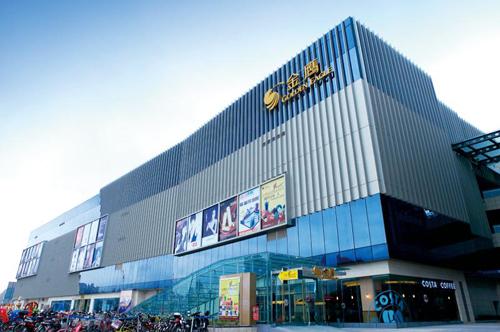
Suqian is famed as China's Capital of Wine and Flowers for a good reason. For
visitors, both of these local specialties are good souvenirs to take home.
Daylilies are the most famous flower in Suqian. The daylily is a yellow flower vegetable,
of a golden color and is shaped like a needle. Every May the flower buds are harvested,
and then dried and steamed to be cooked into delicious food. The cultivation of the
daylily in Suqian has a history of over 2,000 years. Huaiyin, in Suqian prefecture, is one
of the major daylily-producing areas in China. Daylilies are nutritious with many
essential vitamins and minerals contained, and are believed to have great medicinal
purposes.
Another local specialty is alcoholic beverages. Suqian city is well-known for its
alcohol production. The water in Suqian is sweet and pure, and is very suitable for
distilling a top-quality alcohol. The local alcoholic beverages have won many national
and international awards. Yanghe and Shuanggou are two famous brands, ranking
among the nation’s top ten liquors. The two wines have the history dating back to
the Ming Dynasty.
Cuisine
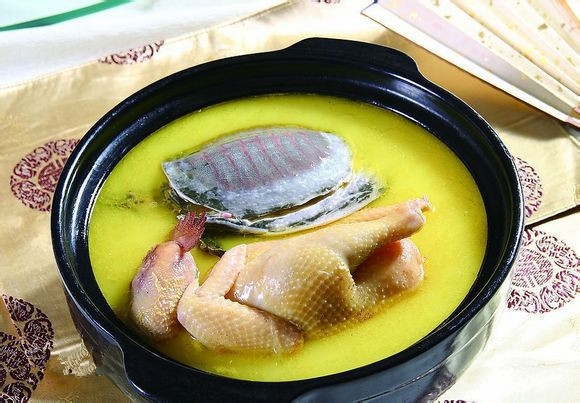
Local restaurants:
1)Huanlou Restaurant
Address: 26 Xingfu Road, Suqian, Jiangsu
Tel: 527-421 3192
2)Hungguang Hotel Restaurant
Address: 76 Zhengdong Street, Sucheng District, Suqian, Jiangsu
Tel: 527-421 3853
3)Maling Restaurant
Address: Xingfu Road North, Suqian, Jiangsu
Tel: 527-421 3336
4)Mingquan Restaurant
Address: 59 Huangyu Road, Suqian, Jiangsu
Tel: 527-421 4289
5)Youth Restaurant
Address: Xingfu Road North, Suqian, Jiangsu
Tel: 527-421 3393
Attractions
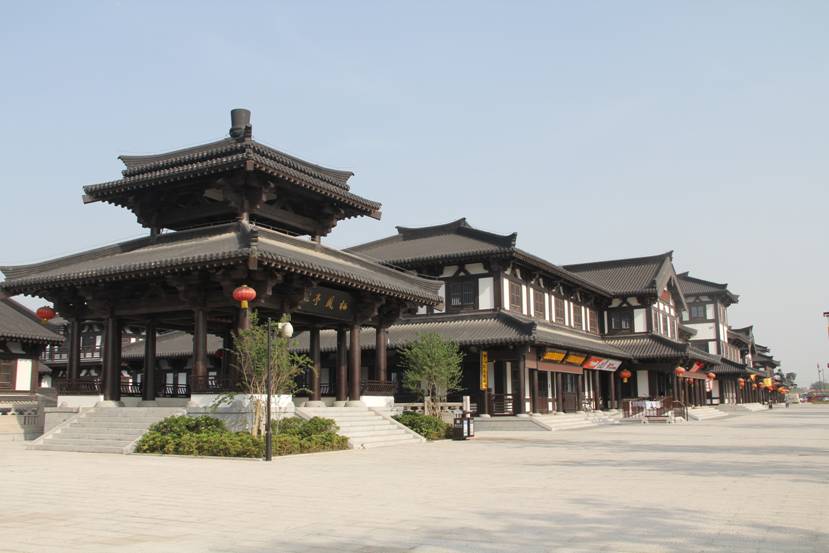
Luoma Lake: Situated in the northwest of the city, Luoma Lake Ranks among the
four largest freshwater lakes of Jiangsu. It covers a total area of 375 square kilometers
(145 square miles), dotted by several natural scenic spots and historical sites.
Qianlong Temporary Palace: This is a well preserved old building complex in the
south bank of the Luoma Lake. It was first built around 1684, and the Emperor
Qianlong of the Qing Dynasty had been to there three times for worship.
Zhangshan Forest Park: 7 kilometers (4.3 miles) north of the city proper, the park
gets a fine management of mountain and water landscape.
- Address:Hongze Lake West Road No. 9 ,Sucheng District
- Address:The intersection of development road and West Lake Road
- Name:Hengda Oasis 恒大绿洲Address:The intersection of Qinghai Lake West road and Eastern Sea Road
- Address:No. 299 Huan Lake Avenue
